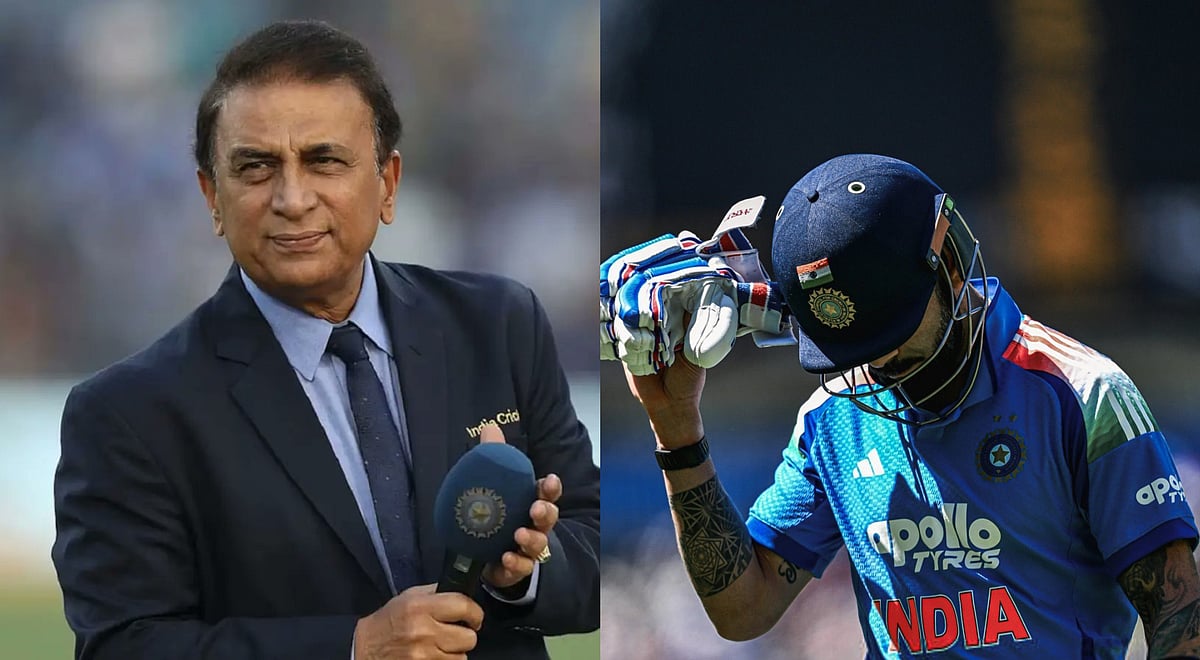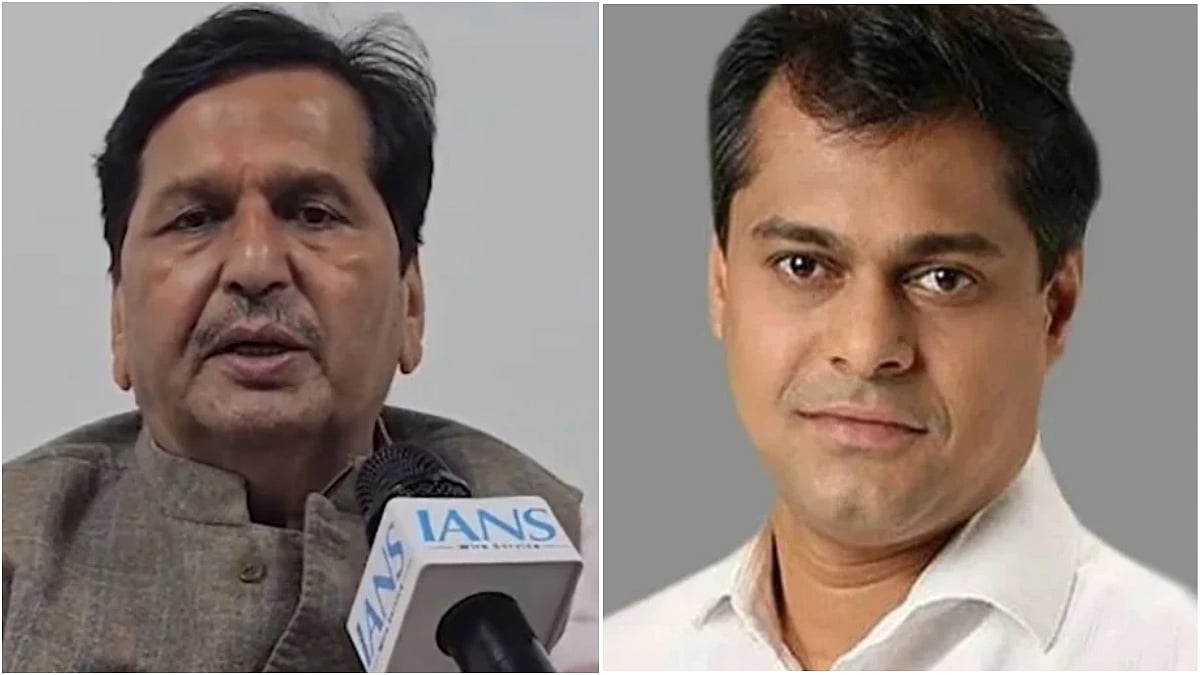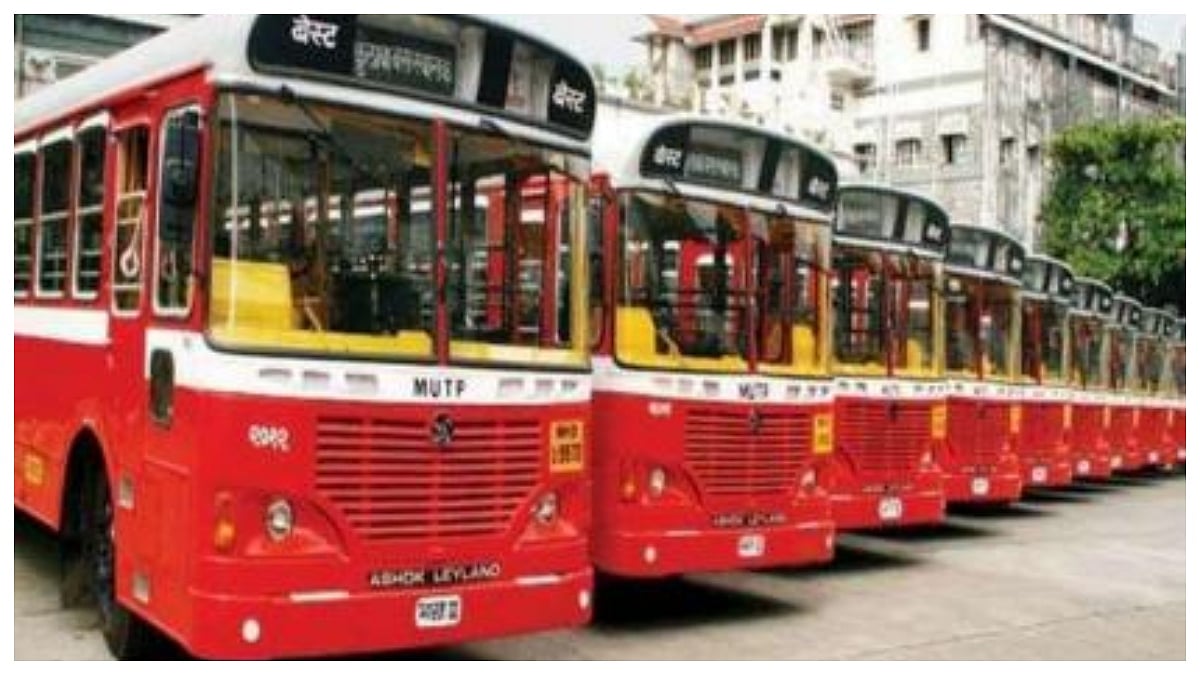As I write this, one more Teachers’ Day (September 5) has gone. Sadly, there is little to celebrate as the state of our teachers at all levels (let me confine it to teachers in higher education: in our colleges and universities and other institutions of higher education) continues to become more and more perilous each passing year.
On this Teachers’ Day, here is a snapshot of how we, specifically the powers-that-be, treat our teachers to give you an idea of how depressing the situation is though it lists only a few of the recent events.
The prestigious Jawaharlal Nehru University has seen its academic budget nearly halved since Modi government came to power in May, 2014. Its total expenditure on academic activities, including teaching aids, examinations, convocations and students’ welfare, has declined from Rs 37.34 crore in 2014-15 to Rs 20.30 crore in 2023-24. This decline in funding has affected diverse areas like fieldwork for research scholars, the purchase of academic journals, laboratory operations and the organisation of seminars.
In July this year, the faculty of institutes, run by the National Council of Educational Research and Training (NCERT), complained that they are being increasingly forced to attend government events during duty hours to increase the number of participants to please the dignitaries. A faculty member added ruefully, ‘the faculty members can neither stay away from such events nor leave them midway as they can be identified from pictures and videos taken from the venue for sharing on social media and with the government.’ Further, higher educational institutions are increasingly asked to observe events like Yoga Day, Run for Viksit Bharat, Good Governance Day, Surgical Strike Day and so on.
In July, it was reported that South Asian University, based in Delhi, initiated an inquiry and issued notices to a PhD student and his supervisor, Professor Sasanka Perera (from Sri Lanka, a cultural anthropologist who taught sociology at SAU for 13 years) over the former’s proposal to study Kashmir’s ethnography and politics because it cited an interview by Professor Noam Chomsky in which he said that Narendra Modi came from a ‘radical Hindu tradition’ and was attempting to ‘dismantle Indian secular democracy’ and ‘impose Hindu technocracy’. Though the student later apologised, Professor Perera, who has now taken voluntary retirement from the university, said that ‘my former colleagues and university colleagues have maintained a deafening silence… no one has said a word’.
The alumni of SAU vehemently criticised the disciplinary action and called it a ‘witch hunt’ against Professor Perera and his student in a letter to the university and also sent it to the President of Sri Lanka, Indian External Affairs Minister S Jaishankar and other officials.
In 2019, a newly appointed Vice Chancellor at Ambedkar University began to ‘review promotions and increments granted to faculty members in the previous five years’. Many promotions were cancelled and the faculty were asked to refund huge amounts of paid increments, grade pay and promotions. As of now, 22 affected faculty members have gone into litigation against these reviews.
Further, one-fourth of nearly 120 faculty members of Ambedkar University have resigned in the last two years because of the ‘strangulating’ work environment. A senior faculty member who resigned earlier this year complained that ‘the university sat for a year on his application for a no-objection certificate (NOC) to participate in two international research projects… I had to withdraw from the projects as the NOC did not come’.
In August this year, the administration of Ambedkar University, Delhi, refused entry into campus to former DUTA president, Professor Nandita Narain, for a talk on gender and caste based discrimination in educational institutions. However, the faculty members refused to cancel the event and held the talk outside the main gate.
In August, a number of teachers complained to the Vice Chancellor, Delhi University, that an increasing number of candidates from reserved categories were deemed ‘not suitable’ for teaching posts by the university. The teachers claimed that the term ‘not found suitable’ (NFS) was being used as a tool by the university to deny appointments in reserved categories and the selection criteria were engineered in such a way that these seats remained vacant.
In August again, Delhi University asked colleges to send 20 teachers each to participate in the government function, ‘Partition Horrors Remembrance Day’ on August 14, to be chaired by Home Minister, Amit Shah. In fact, a few departments made teachers’ participation mandatory because there was intense pressure on colleges to send a certain number of professors to the event.
In August, Madhya Pradesh government wrote to various government-aided and private colleges, asking them to buy books from a list of 88 titles, all authored by former and current RSS functionaries, for acquainting students with Indian knowledge traditions.
Finally, Dr Hany Babu, a DU professor and an anti-caste activist, completed four years in jail on July 28, 2024, without bail and no signs of an early trial. He was arrested under the UAPA in the Bhima-Koregaon Elgar Parishad case, along with other leading activists and academicians.
As this list illustrates, teachers in higher educational institutions are under attack on multiple fronts, ironically, primarily from those who are expected to ensure that teachers get to do their job!
But let me end on a hopeful note: In July, the Bombay High Court strongly criticised the Satara police for seeking action against a professor who referred to the late communist leader Govind Pansare’s book, Shivaji Kon Hota, while pacifying students during an event.
Vrijendra taught in a Mumbai college for more than 30 years and has been associated with democratic rights groups in the city












